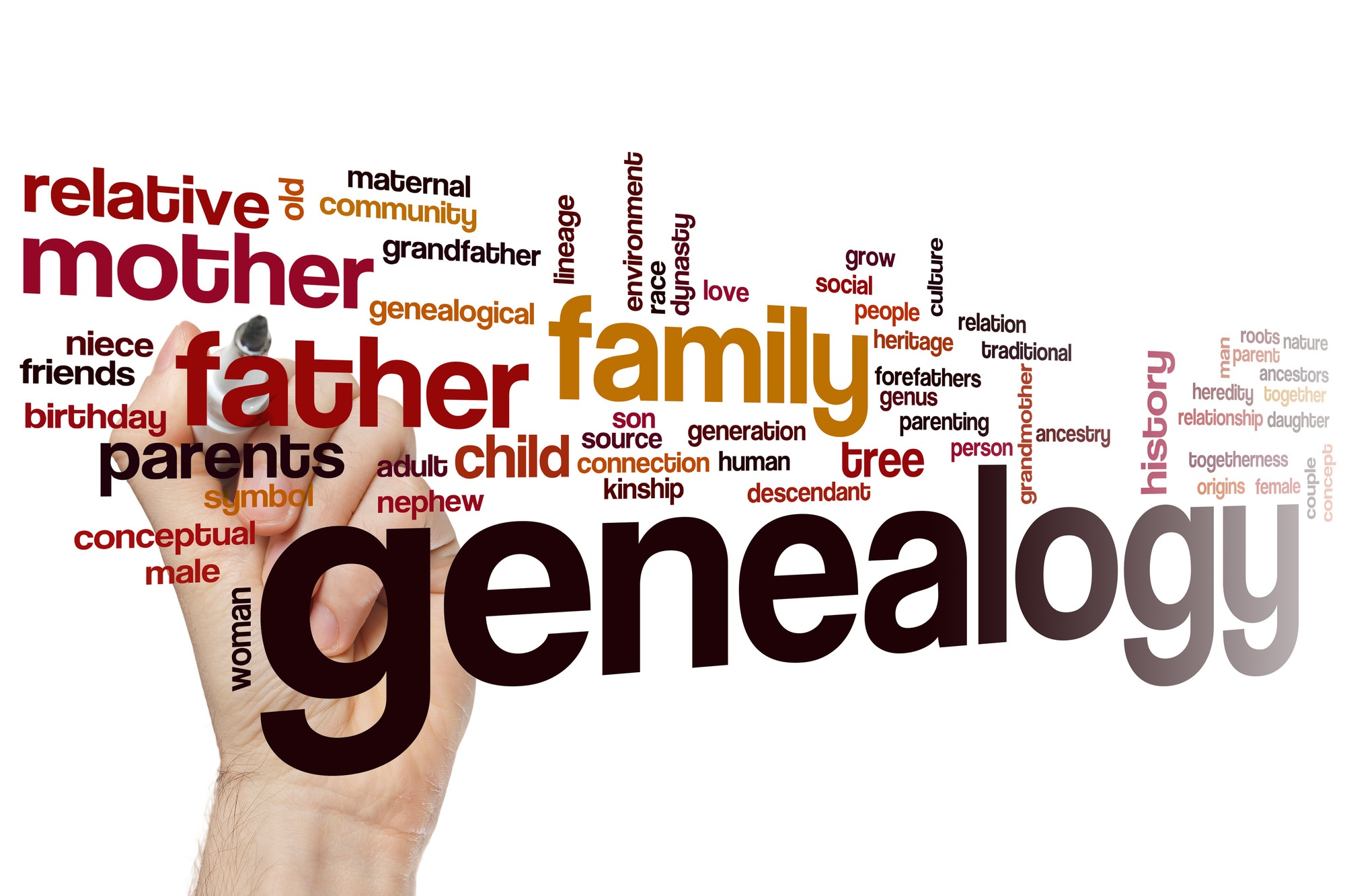How much do you know about your family’s heritage?
Maybe you think you know everything you need to from your grandma’s stories or your father’s cooking. Maybe you feel connected to where you come from because of the language you speak at home or by practicing special traditions during holidays.
As great as these things are, there’s much more you can discover about your family if you just go in search of additional information. Imagine if you could trace back your ancestry for hundreds of years or see all the places your ancestors have lived.
These are just a few of the insights you can discover if you start learning about genealogy. “Genealogy” is basically a complex term to describe your family lineage.
The following is our “genealogy for dummies” overview of this beautiful science, why it matters, and how you can use it to learn about your family’s history.
What Is Genealogy?
Genealogy is the scientific study of family origins and history. The word itself is compromised of two Greek terms which mean “race” or “family” and “theory” or “science”, respectively.
A professional genealogist is someone who devotes their career to the tracing and composition of a person’s family background. Such work is usually done on a project by project basis as different clients reach out looking for information about their family ancestry.
As more and more people hire genealogists, though, the amount of data available becomes bigger and bigger. For instance, if a distant cousin you don’t even know has hired a genealogist in the past, it makes your search for family ancestry much easier.
This is a cycle that continues to occur for people all around the world. It helps curious individuals and amateur genealogists alike connect the dots between different people from different points in history.
Genealogy work uses all kinds of resources to create an in-depth understanding of family history. A person’s genetic information is a big help. Historical censuses, public records, and individual registration documents – such as birth, marriage, divorce, citizenship, and death – are used to gather information as well.
Why Is Knowing Your Genealogy Important?
It’s one thing to understand how genealogists find the information they’re looking for, and another to realize why it matters. Think about your close family for a second. Recall all the stories they tell you about distant relatives and general family history, and identify which of these things you’d like to learn more about.
Genealogy can help you do that. It takes you deeper into your family’s history to give you a close look at how your ancestors moved from place to place and the way bloodlines mixed in the family tree.
Even if this doesn’t interest you much, there’s bound to be something a genealogist discovers that will. Not to mention, there are bigger, more important reasons as to why everyone should look into their family history.
Here are 3 of them:
1. Where You Were Born Is Not the Whole Story
Most people have a family lineage that traces back all over the world. Your ancestors may have been scattered in various parts of different continents before you were born. Even if they stayed within one general region of the world, they likely left their mark on many different countries.
These are facts worth discovering!
Understanding where you came from beyond the place you were born is huge. It gives you insight as to why you have certain physical features and maybe even some tendencies. It also makes you appreciate different places a little more, which is pretty cool if you end up in the place(s) of your ancestors one day or see something about such locations on the news.
2. Genealogy Opens Your Mind to Other Cultures
Speaking of appreciating different places, consider what this means on a level beyond your family. Think about all the discrimination and hate in the world today. Isn’t it worth trying to see things in a more positive light?
Opening your mind to other cultures helps that. It makes you realize the truth behind all kinds of different stereotypes. It reminds you that at the end of the day we’re all human, and we can do a lot better for ourselves if we learn about other cultures rather than push them away.
3. Understanding Your History Helps You Move Forward
If not for anything else, at least open a 23andMe Login to create a deeper understanding of your purpose in this world. Knowing the details of your family history brings more depth into your life’s story.
It can validate some of the beliefs you have and maybe even shed light on why you have them in the first place. It tells you about moments in history that your ancestors made a difference in and inspires you to do the same in this day and age in your own way.
Not to mention, genealogy can also provide further details into your family’s medical history. If you’re aware of things that are common in your family, you’re in a better position to prevent them as you get older.
Genealogy for Dummies: Discover the Amazing Insights Waiting for You
You can read about genealogy all you want, but at some point, you have to actually discover what your family background is all about! That’s when the real discoveries begin to reveal themselves.
Genealogy for dummies can tell you everything you need to know regarding how this realm of study works. When you actually learn about it in terms of your own family, though, you begin to truly understand just how beautiful and interesting this work is. 3
If you’re curious about other unique lines of work and what their services can do for you, click here to learn about all kinds of interesting facts!
